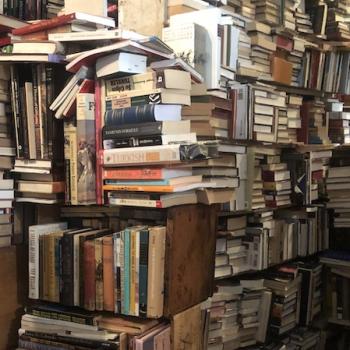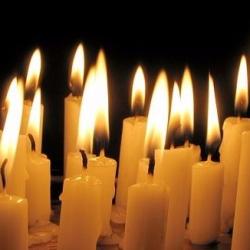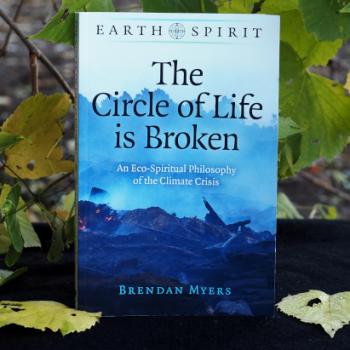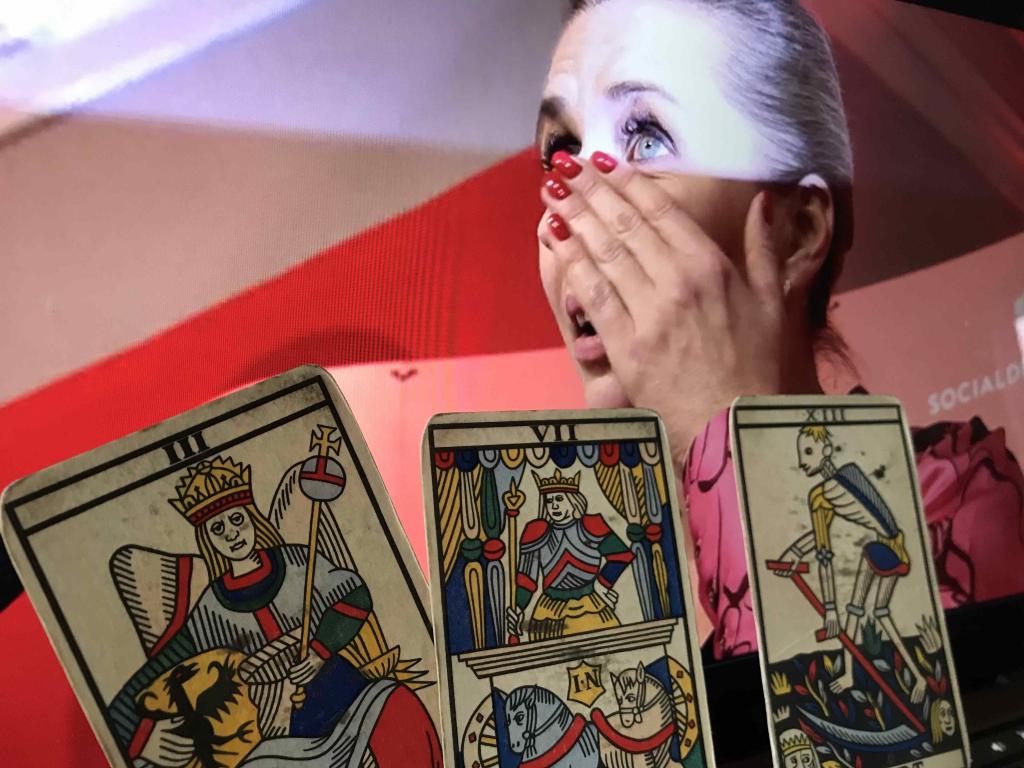
We’ve just had the Danish parliamentary elections. As usual, I voted for the communists. ‘What a minute,’ people want to know. ‘Didn’t you flee Romania almost 40 years ago because of communism?’ ‘No.’ I say, for the nth time. ‘What I fled was a totalitarian regime, not communism.’ Currently in politics, especially in Denmark, people talk about democracy, how to preserve it and make it better. I have to admit that all talk about democracy leaves me rather cold. Why? Because there isn’t any. People may have the freedom to vote, and thus indulge in the illusion of having a say in it, but the reality is that this ‘say in it’ is not be informed by ‘knowing better.’ Rather, it is be informed by who is better at deceiving, this way or the other way of where the pendulum swings.
People talk about misinformation and how prone everyone is to giving in to ‘knowing better,’ yet according to parameters that have zero to do with any reality. It’s all about emotions and how this or that deceiving discourse makes us feel. I don’t have a TV, but my sister does. On election night I went over to talk politics with her and her partner. We all agreed that we didn’t like it much when journalists were all about the question of how such and such politician felt. I mean, does anybody give a flying fuck about about what a politician feels? Well, d’oh. It’s all about that, they’d tell me, to my chagrin.
But really this makes me think about Sun Tzu who wrote his exquisite manual, The Art of War, many centuries ago. ‘All warfare is based on deception,’ he said, and I can’t agree more. Politics is about waging war. About deceiving. About colors. About rumors. About how to make others believe in rumors. Belief and emotion rule. All the way. Can I find democracy in all this? How? Like, d’oh. Again. Borges was right. ‘Democracy is an error in statistics.’ On my part, I’d like to see all those who talk about democracy talk about its premise, that is to say, talk about deception, and about how conquests are made based on misinformation and rumors. Sun Tzu said it all, already. Borges said it all, already. The dead know what the deal is.
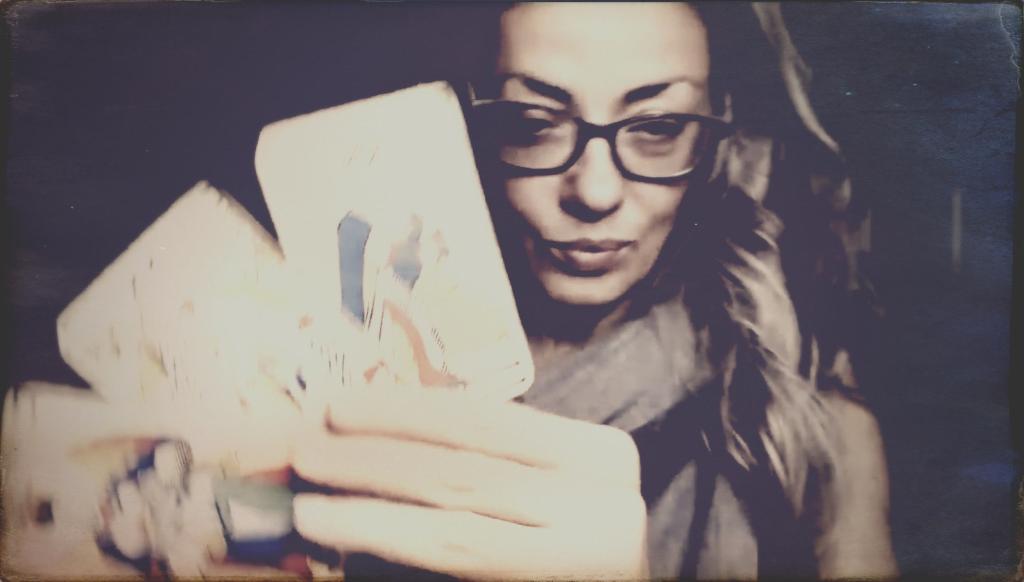
Which brings me to the point here of asking this question: ‘in the absence of democracy across all boards, and in spite of what some governments want to insist they have, when they don’t, what can we learn from the dead? What can we learn from intermediary forces?
Last year I ran a course in Necromancy and Cartomancy, which I’m offering again, as we speak. In addition to the general course description, I made these points below that I’ll repeat here, especially since this course is open again, one final time before it gets archived.
By engaging with the dead we learn to invoke the presence of intermediary spirits, the mighty dead, so that we probe the depth of what we don’t want to ask others about, not even the cards, though obviously, the cards always already fulfil the function of ‘the intermediary’ between what we want to know, and what we don’t have direct access to in terms of knowledge and regular channels of communication.
In addition to various practices of necromancy that we can all engage with, we have an interdisciplinary cross between necromancy and the arts that we consider: literature, painting, music, and photography.
The main topics that I’m particularly interested in exploring are the somewhat cryptical concepts that you won’t find elsewhere in discourses about necromancy: The Scythe, The Threshold, The Forbidden, and Death in strange places. But without the extra that makes you think harder and more diligently about mainstream occult notions, such as necromancy, there would be no Aradia Academy that I’d be interested in representing. Why offer what everybody else is talking about?
Generally, however, we want to talk to the dead because of their dominion. As the philosophers instruct us, ‘to be human means to bury’ (Vico, New Science §12), so we already have an irreducible relation to the dead, whether we like it or not. In Nietzsche’s words we also find the following warning, almost: ‘Let us beware of saying that death is opposed to life. The living is merely a type of what is dead, and a very rare type (Gay Science, §109).
There’s a lot to contemplate in just these notions that set up the premise for working with the dead. Through divination as intermediary to the intermediary, we get an extra layer of concrete information. It’s fine to know what we do to the dead, bury them and remember them for better or worse, but what do they say beyond the grave, if we bother to ask? In what voice do they speak, and to what purpose?
So how about some democracy according to the dead, the type that places us in accord with what is more real than imagined; democracy that seriously considers the consequences of how emotions ‘state’ a preference for being conquered by the assault of validation, the enchantment of flattery, and the cunning story of deceit. Let’s ask Borges and Sun Tzu about democracy, and in the process stop pretending that ‘we know better’ because some politician, sales person, marketer, or regular loud voice broadcaster of rumors and pretense tells us about how they feel and how transparent they are on TV and the social media screens.
The course in Necromancy and Cartomancy closes registration tomorrow. The class starts on Sunday.
P.S. As the top picture testifies, the socialists won. Thank god for now. For all the deception that surrounds the very notion of democracy, some can still activate their most basic common sense. In my book that’s always good news, especially since common sense is a rare commodity. For now now, the Empress won by killing it.
Recent Comments
Browse Our Archives
Related posts from THE CARTOMANCER



